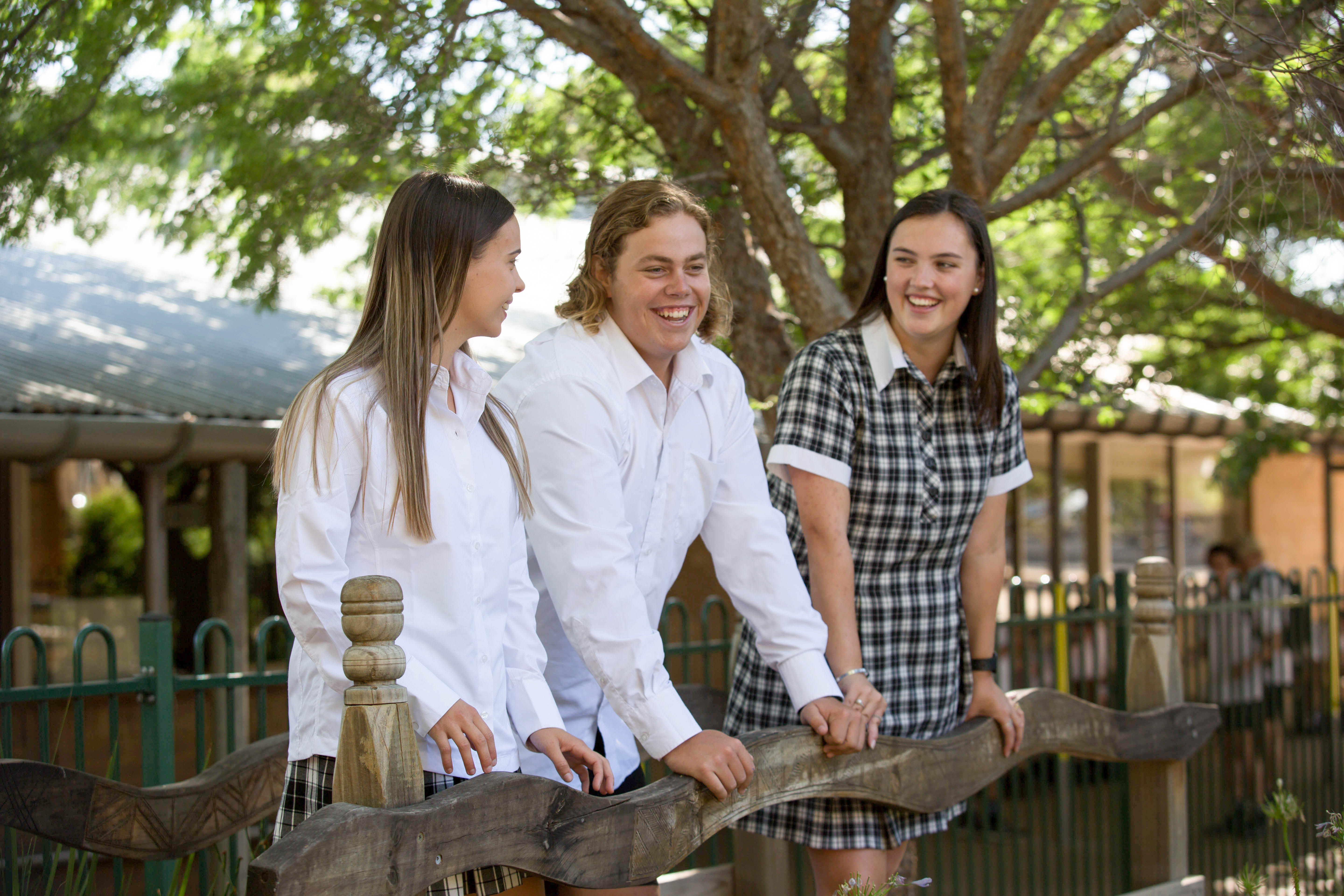On this page
Download this Fact Sheet:
Fact Sheet: Five areas of social and emotional learning (3.2 MB, PDF)
Social and emotional skills
Be You’s approach to SEL is based on the model developed by the Collaborative for Academic, Social and Emotional Learning (CASEL), an internationally recognised organisation in this area of research.

©CASEL 2020
The model defines 5 SEL skill areas essential for the development of good mental health. Each of these includes several specific elements. Planned teaching of the competencies is also crucial to implementing effective SEL, as are opportunities for children and young people to practice and embed in everyday situations.
Teaching SEL works best when the focus is on helping children and young people learn skills from each domain so that they gradually and progressively build their skills and knowledge throughout early learning and school. It’s an ongoing process across all year levels.
Self-awareness
This is the ability to recognise and understand your own feelings, thoughts and values, and understand how they affect your behaviour. It’s about understanding and assessing your personal strengths and understanding that abilities and skills can be developed and improved. This then leads to an increased awareness of how your actions can impact others. The main skills include:
- identifying emotions
- self-perception
- understanding strengths
- self-confidence
- self-efficacy.
Self-management
This is the ability to manage and regulate your emotions and behaviour, including managing stress, controlling impulses and keeping yourself motivated. The main skills include:
- impulse control
- stress management
- self-discipline
- self-motivation
- goal-setting
- organisational skills.
Social awareness
This is the ability to understand and empathise with people from a range of diverse backgrounds, and to understand social and ethical norms of behaviour. The main skills include:
- perspective-taking
- empathy
- appreciating diversity
- respect for others.
Relationship skills
These involve the ability to develop and maintain healthy and positive relationships with others. They include the ability to communicate clearly, listen, cooperate, resist peer pressure, and negotiate and resolve conflict. The main skills include:
- communication
- social engagement
- relationship building
- teamwork.
Responsible decision-making
This is the ability to make informed and responsible decisions about personal behaviour and social interactions with others, based on adherence to ethical standards, safety concerns and social norms. It also includes the ability to consider the wellbeing of others and weigh up the outcomes of different decisions. The main skills include:
- identifying problems
- analysing situations
- solving problems
- self-evaluation
- self-reflection
- ethical responsibility.
What can I do to support SEL in children and young people?
Children and young people’s SEL skills are developing all the time.
Skills may develop differently and at varying rates for different individuals. Children and young people benefit from having ongoing learning opportunities. It can be helpful to plan dedicated time each week or fortnight to develop SEL skills.
Supporting children and young people in developing SEL skills
There are many ways you can. This could include planned experiences across the early learning service or school, or within specific learning environments, as well as making the most of informal learning opportunities during unplanned activities and conversations.
Approaches may include a combination of:
- universal approaches that are planned and target the whole service or school (for example, organised play experiences)
- intentionally teaching skills, such as cooperation, turn-taking and listening
- implementing an evidence-based SEL program at a whole-service/school level
- professional development for educators on SEL topics
- targeted approaches that are unplanned and respond to a specific incident or opportunity (for example, helping a child or young person manage their frustration to persist in an activity, or encouraging perspective-taking and recognition of another person’s feelings when discussing an incident that happened).
Be You Resources
Learn more about Social and emotional learning.
Be You Professional Learning
Learn more about SEL and teaching for resilience in the Learning resilience domain.
-
Bibliography
Collaborative for Academic, Social, and Emotional Learning (CASEL). (2024). What is the CASEL Framework? Chicago: CASEL. Retrieved from https://casel.org/fundamentals-of-sel/what-is-the-casel-framework/.
Durlak, J., Weissberg, R., Dymnicki, A., Taylor, R. & Schellinger, K. (2011). The Impact of Enhancing Students’ Social and Emotional Learning: A Meta-analysis of School-based Universal Interventions. Child Development, 82: 1, 405-432.
Goleman, D. (2015). The Future of SEL, in Durlak, J., Domitrovich, C., Weissberg, R. & Gullotta, T. (eds.), Handbook of Social and Emotional Learning (pp. 593–596). New York: Guilford Press.
Humphrey, N. (2013). Social and Emotional Learning: A Critical Appraisal. London: SAGE Publications Limited.
Payton, J., Wardlaw, D., Graczyk, P., Bloodworth, M., Tompsett, C., & Weissberg, R. (2000). Social and emotional learning: A framework for promoting mental health and reducing risk behavior in children and youth. Journal of School Health, 70: 5, 179-185.
-
External link
